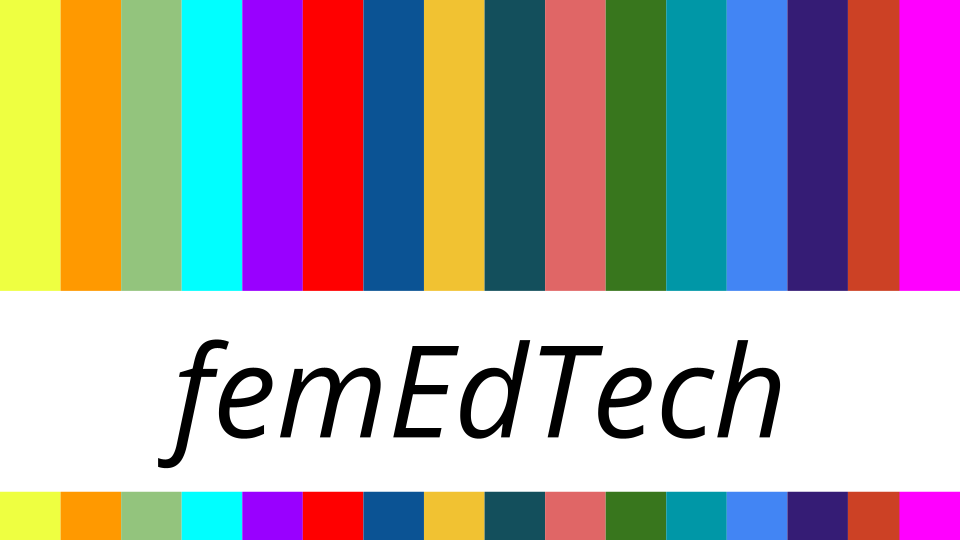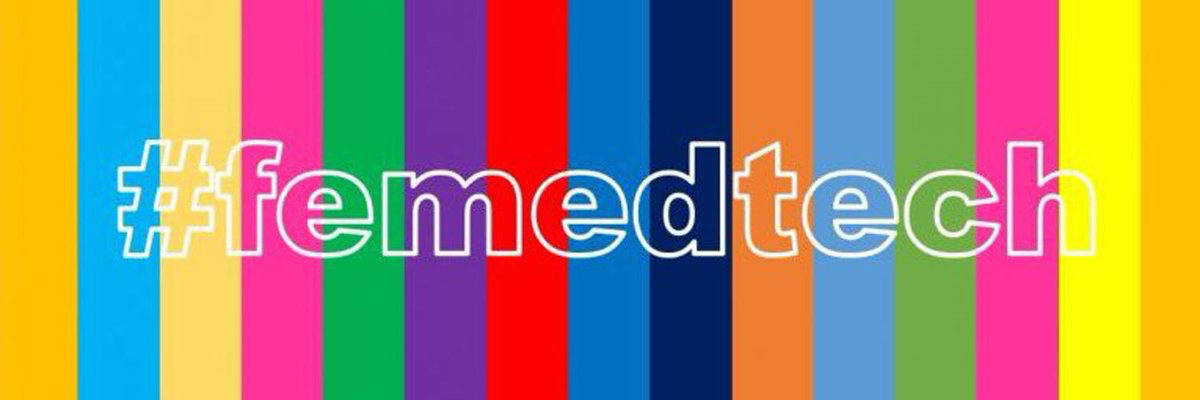Something has been niggling at me for ages now. Something about digital labour and open education. I’ve been struggling to figure out how to frame this and what I’m trying to say, but Martin Weller’s thoughtful blog post on gatherer calories and invisible artefacts and Frances Bell’s subsequent comment gave me a starting point.
On the blogging calories front, there have been 6 guest OER19 posts so far, with 11 authors, all women
Catherine Cronin has eloquently reminded us that openness is a continually negotiated space, a constantly negotiated practice. We all experience openness differently, from different perspectives and different positions of privilege and discrimination. For some of us, open education is part of our job, for some it’s our research, our field of study, for some it’s a philosophy, an ethos, a personal commitment, for some it’s political. For many it’s all of the above.
I am privileged to be able to work in the area of open education and I also regard myself as an open education practitioner. My open practice is expressed in different ways; I read, I write, I comment, I blog, I participate in the femedtech network, I contribute to Wikipedia. It’s a practice that extends far beyond the bounds of my job and I have no complaint with that, quite the opposite in fact, I appreciate this blurring of my institutional role with my personal commitment to openness. That’s part of my privileged experience of openness. However the blurring of these boundaries also raises issues of digital labour.
We all have a deep personal commitment to our practice, to equity and openness, we all want to be good citizens of the open community, making a positive contribution to the commons, but when do the hours that we willingly devote to open education start to become unacknowledged, invisible digital labour? And as both Frances and Martin have pointed out, so often those that go the extra mile are those who are marginalised in some way, women, people of colour, early career researchers, those employed on precarious contracts. At what point does personal commitment become unwitting exploitation of labour?
These are problems that exist right across academia of course and open education is far from immune. How much does the open community rely on invisible digital labour? How far does it exclude those who are unable or unwilling to contribute their labour for free? And how do we mitigate this?
This thread from @HEreflections1 caught my attention on twitter last week:
One of the most pernicious aspects of stress, anxiety and burnout in education is that it often starts with individuals who work longer hours through enjoyment and an ethic of care. But at some point the organisation captures this as core work which has to be done.
As a result the enjoyment, the agency is lost and the stress begins to grow, leading eventually to hate and/or exhaustion in some cases. And it creeps up on people so that they blame themselves. This is the failure of the system, and any discussion of well-being or
expert groups focusing on happiness misses the point completely. What starts with dignity and vocation is smashed by performativity, by human as resource, and by an inability to see education as a community.
The point that particularly struck me was this:
What starts with dignity and vocation is smashed by performativity
And this was echoed by Laura Czerniewicz during this week’s OER19 preview webinar when she cautioned that
“Good intentions can undermine themselves with unintended consequences.”
When so much of our open practice is mediated through social networks there is sometimes a pressure to always be “on”, to always be commenting and contributing, to always to be seen to be doing. And it was this that prompted me to ask this question in our femedtech OER19 Open Space
If there a performative aspect to openness, what does it achieve and how?
I don’t have an answer to this question, and I’m not even sure I know where I’m going with this yet, but I do think we do need to be able to balance our agency as open practitioners and citizens of the global open education community with cognisance that it is our digital labour that sustains that community at both the personal and institutional level.



These comments were originally posted on twitter by
@DonnaLanclos:
I would point to @Fobettarh ‘s work on vocational awe in thinking around labor and exploitation in fields characterized by discourses of enjoyment and passion http://www.inthelibrarywiththeleadpipe.org/2018/vocational-awe/ …
And @leohavemann
The idea of enjoying your job therefore not minding doing a huge amount of it is pretty prevalent in discussion of the (idealised version of the) academic role as well
– and a relationship between this and extended precarity or else feeling that having one of these jobs no matter how demanding is such an enormous privilege
also how are different kinds of work gendered in the research-intensive managerial university ….
This is so important and true, Lorna. The issue of paid-for labour versus the ‘gift’ is something I was grappling with in my OER17 paper. Perhaps it could have a new life here 🙂
Deloitte in 2015 identified the ‘passionate amateur’ as the archetypal ‘good worker’ in the knowledge economy – willing to labour over and above what they are paid for, committed to the outcomes of their labour as valuable in themselves, accepting of precarity…